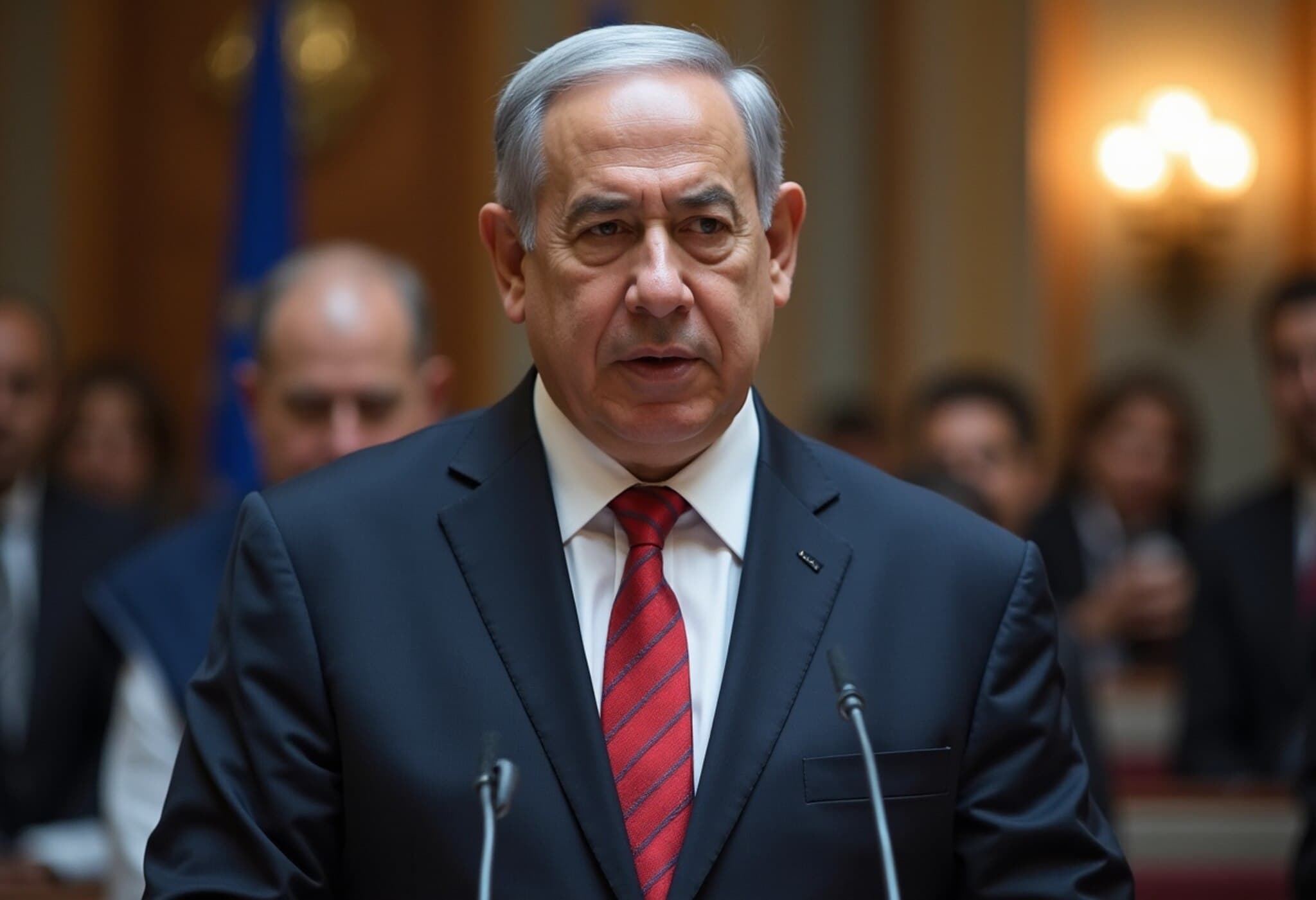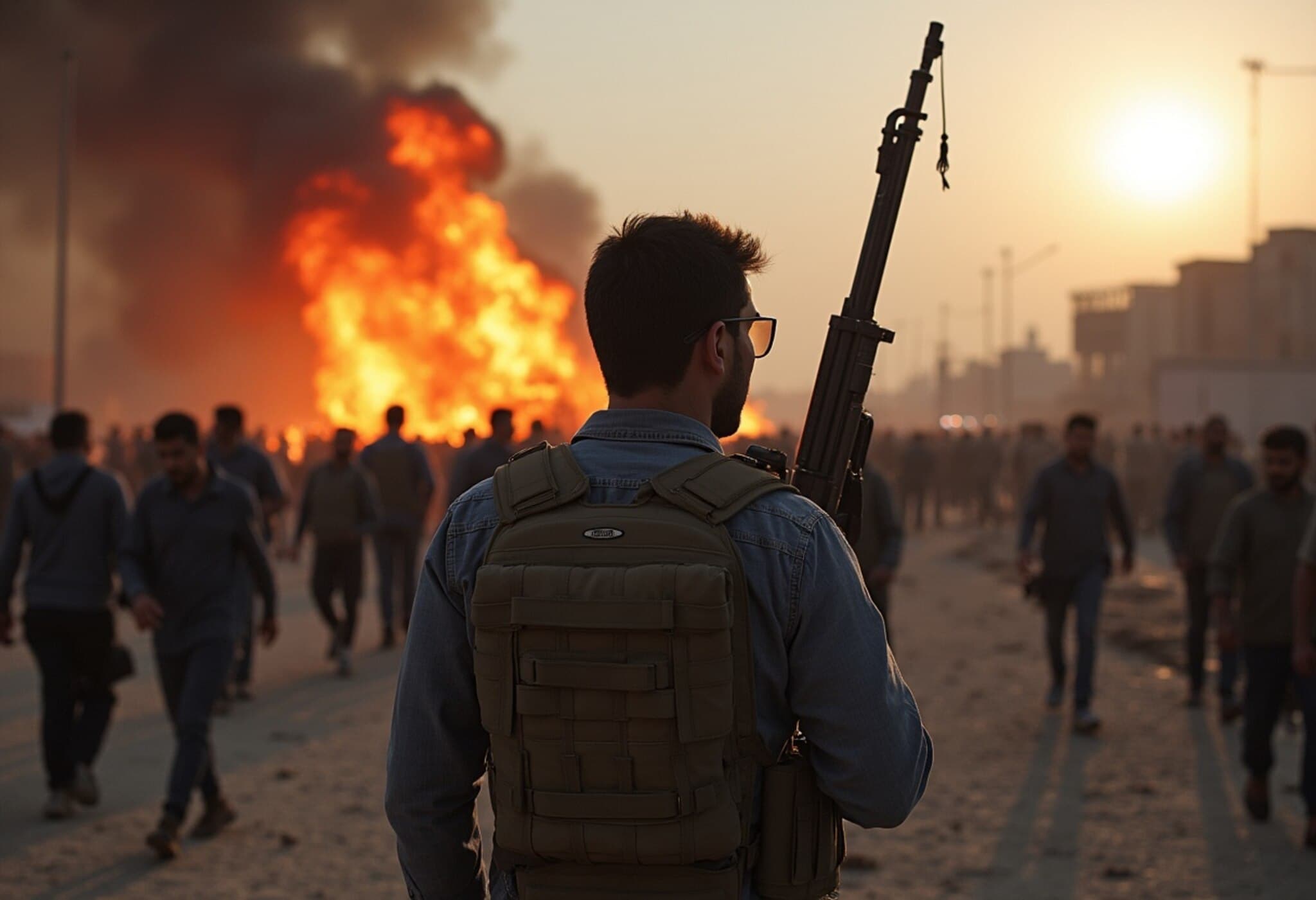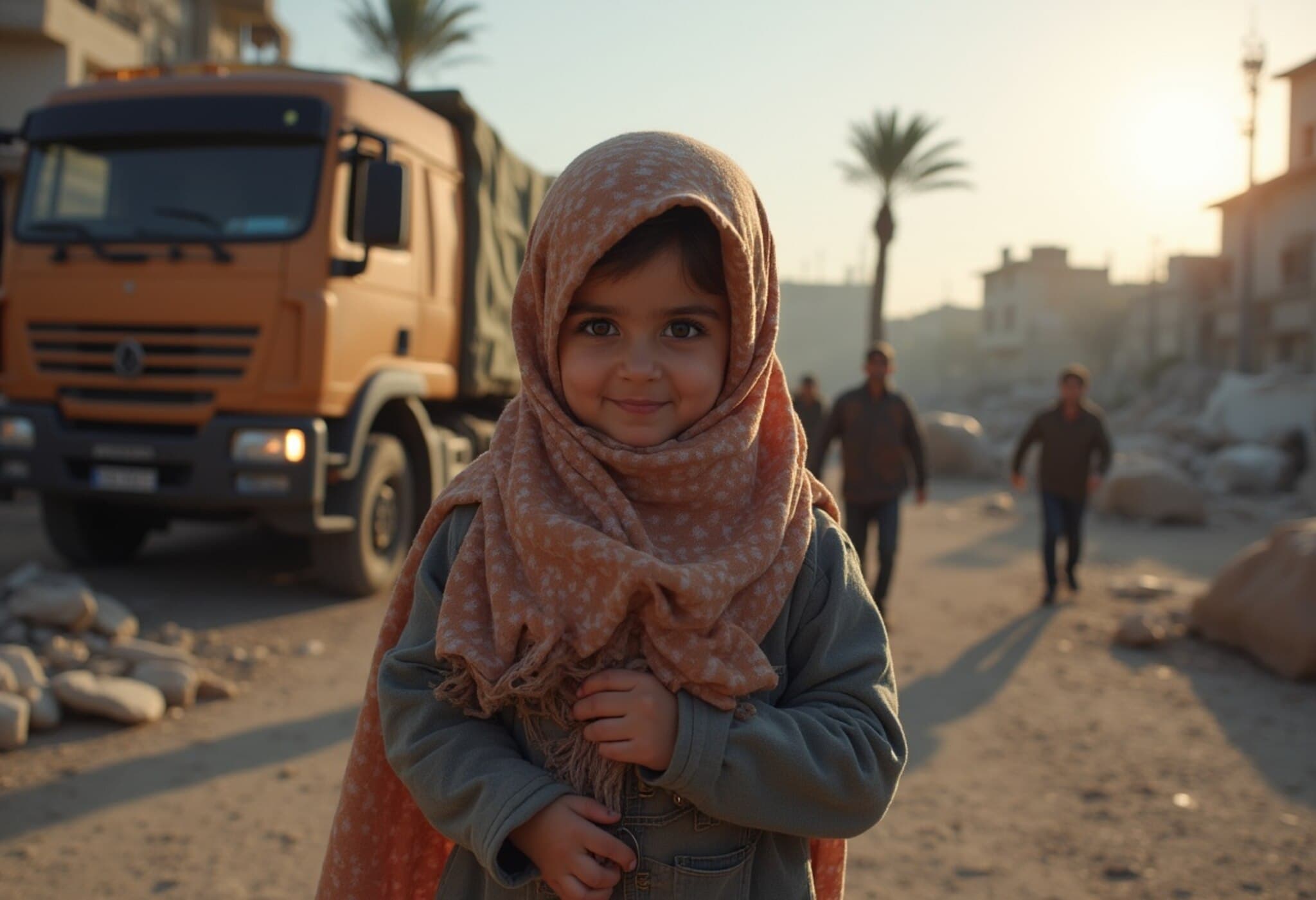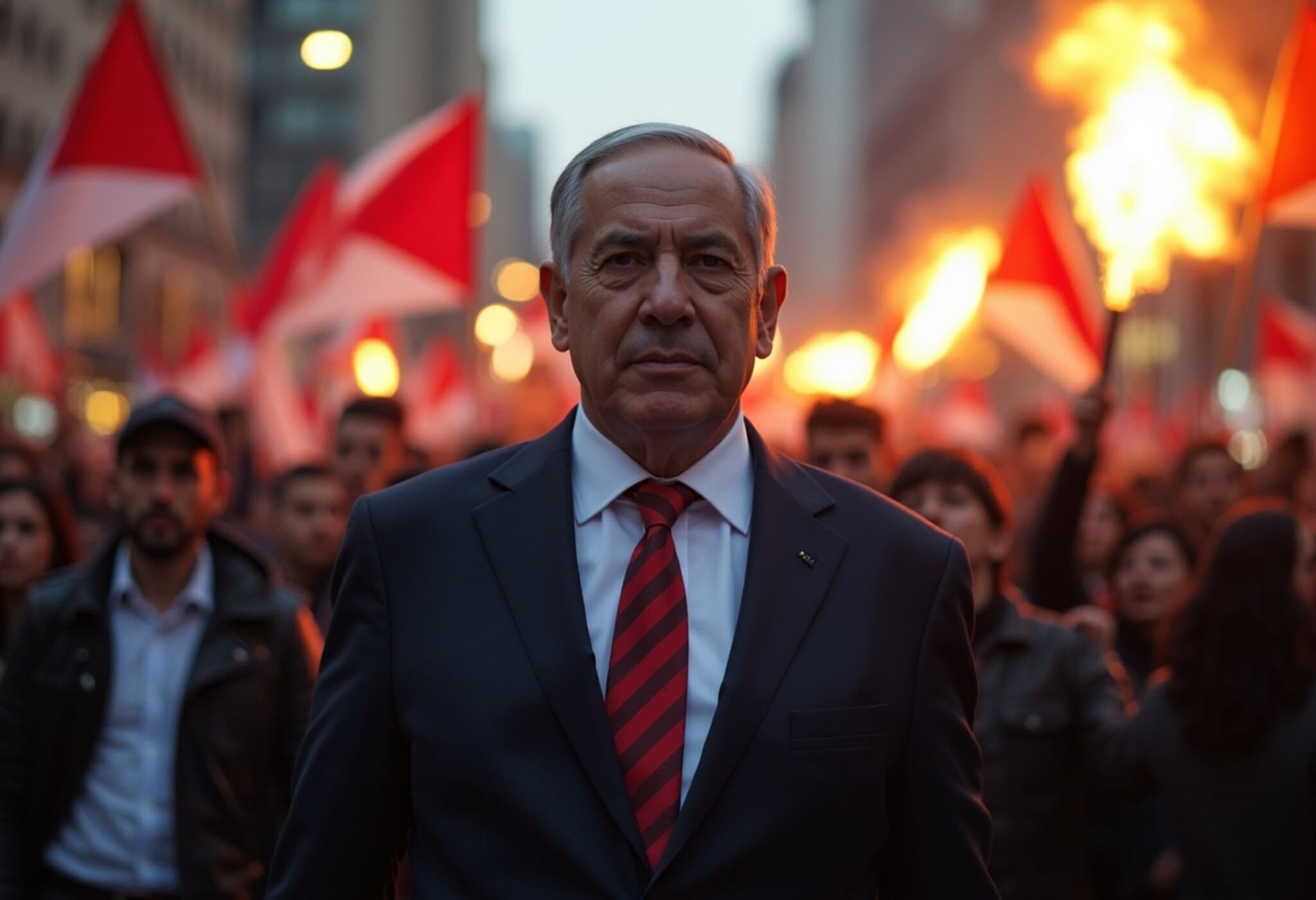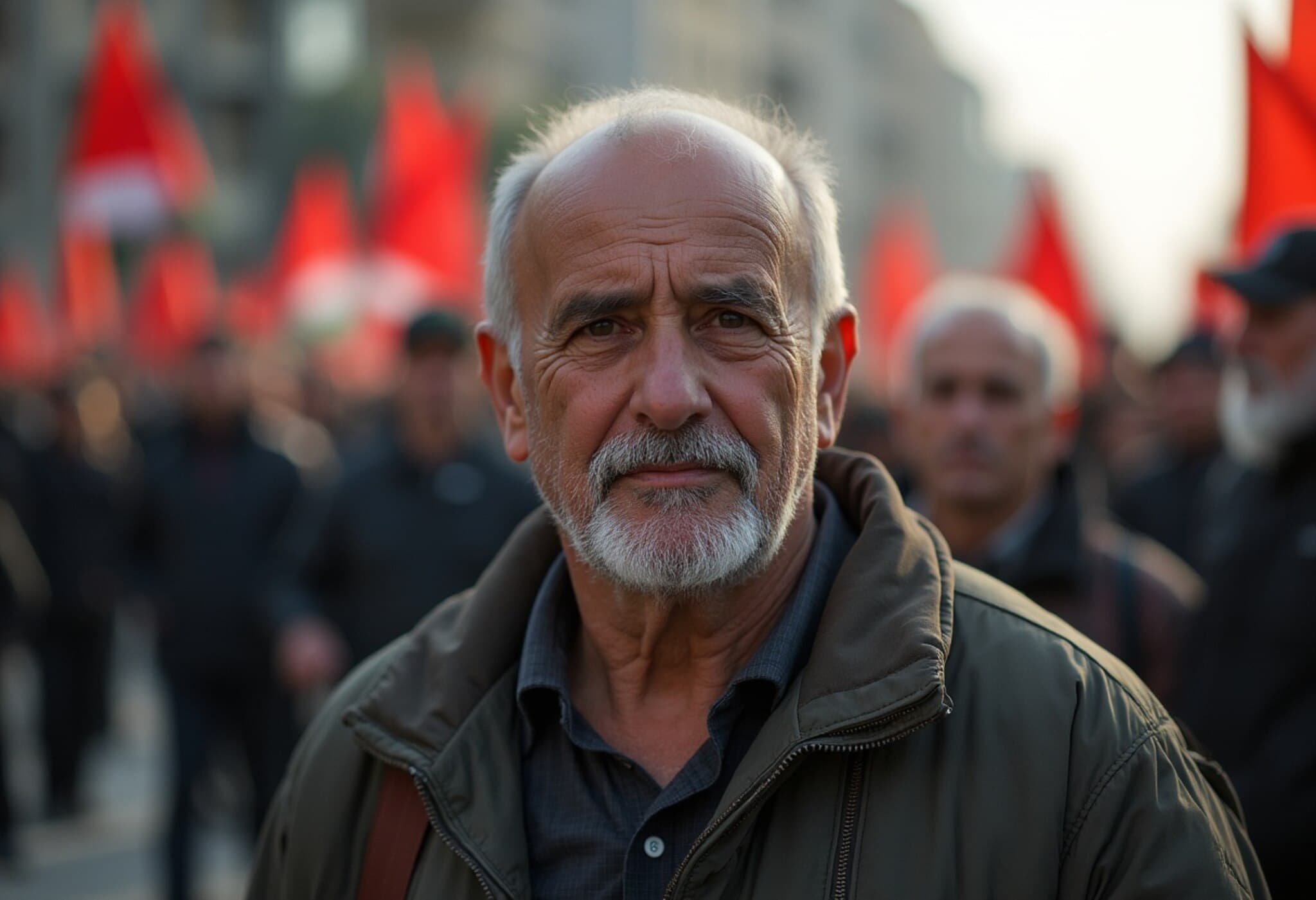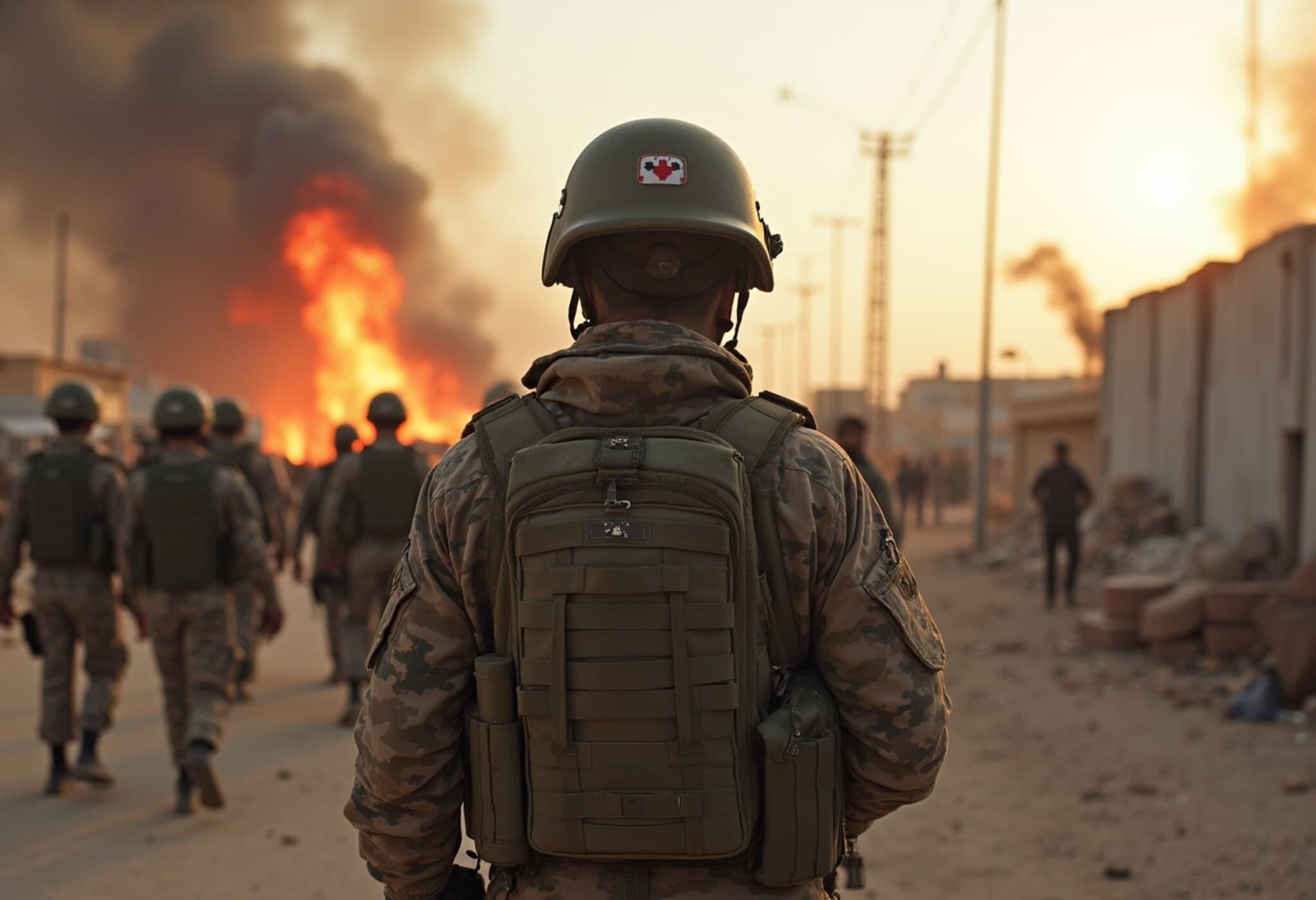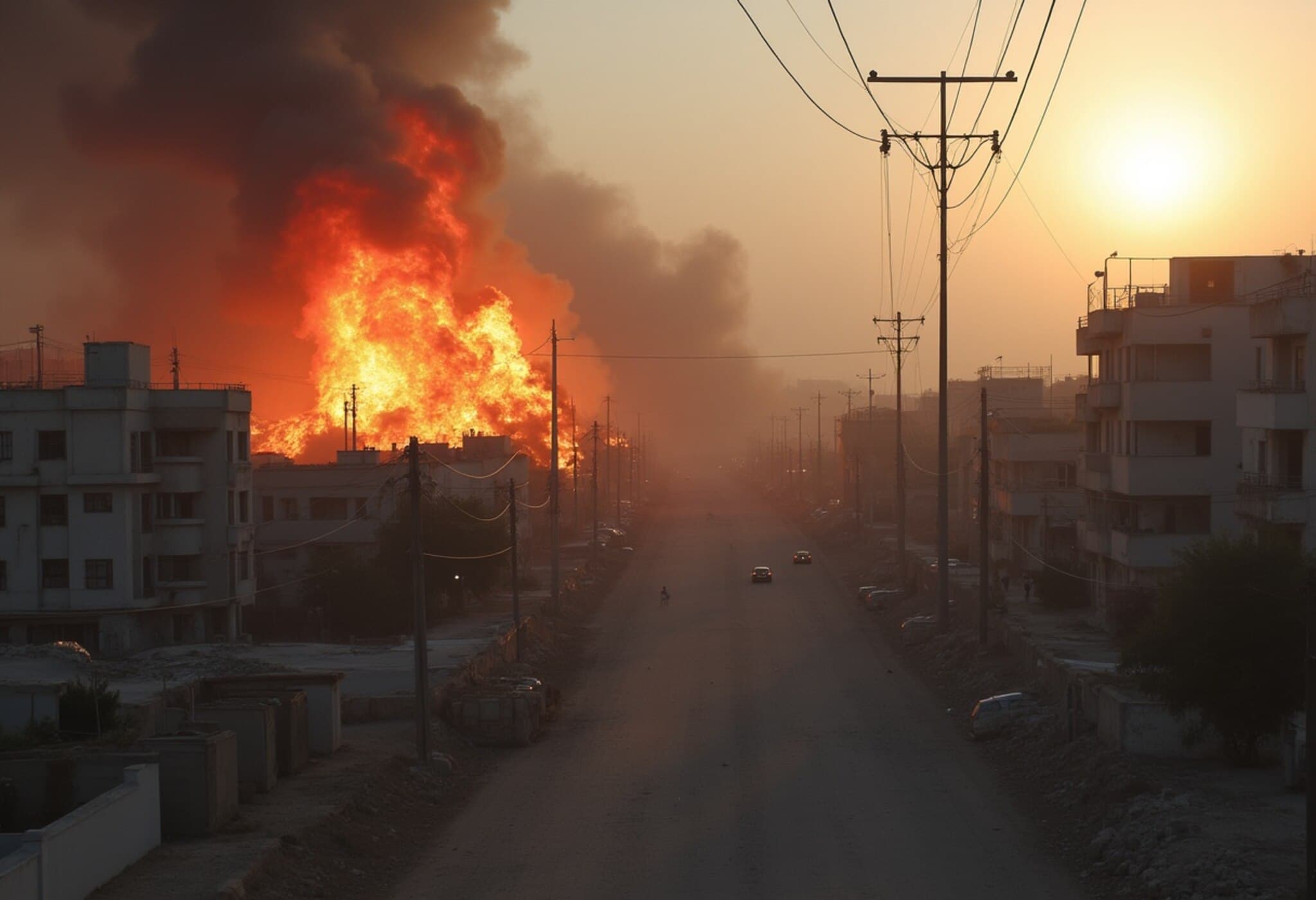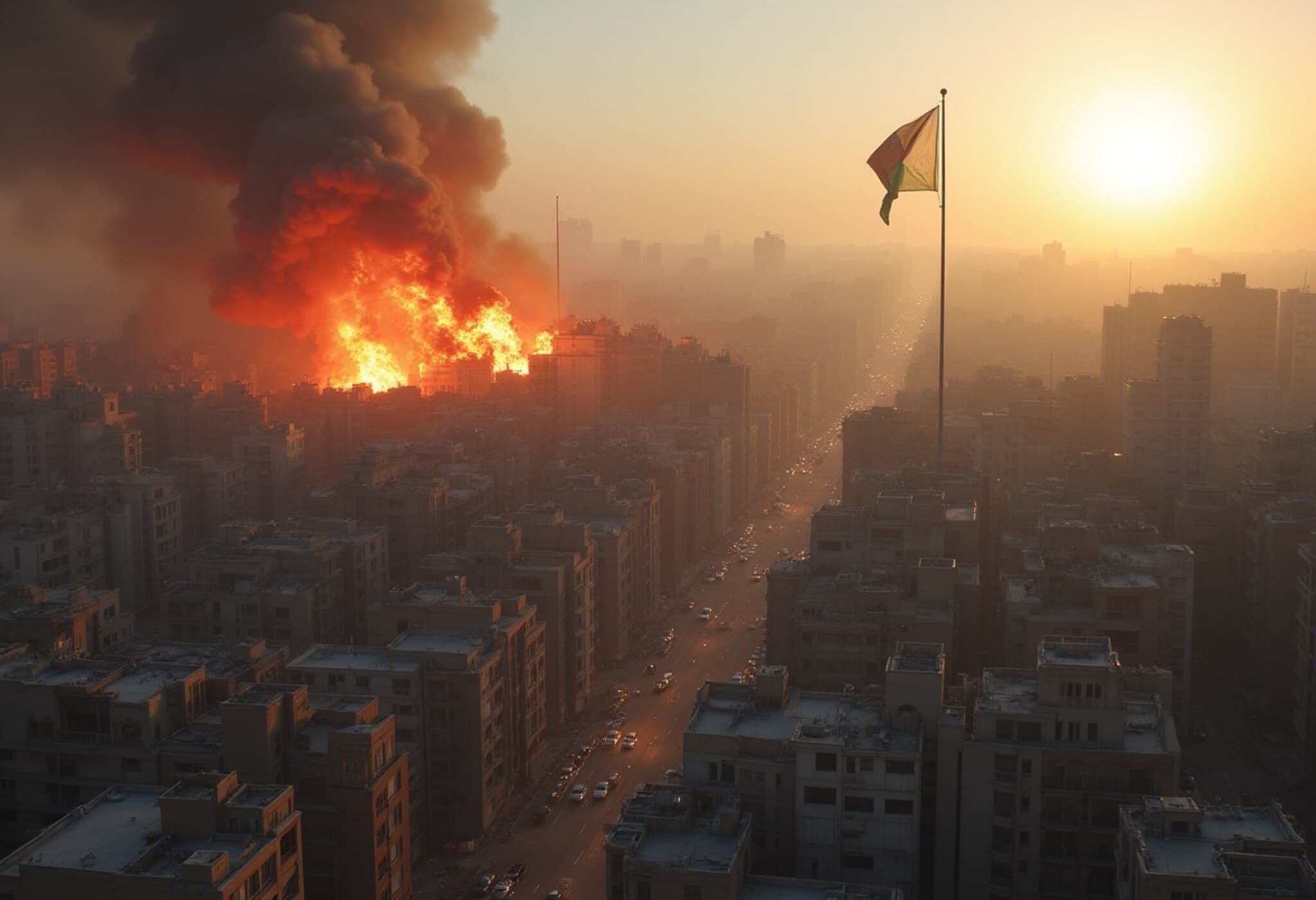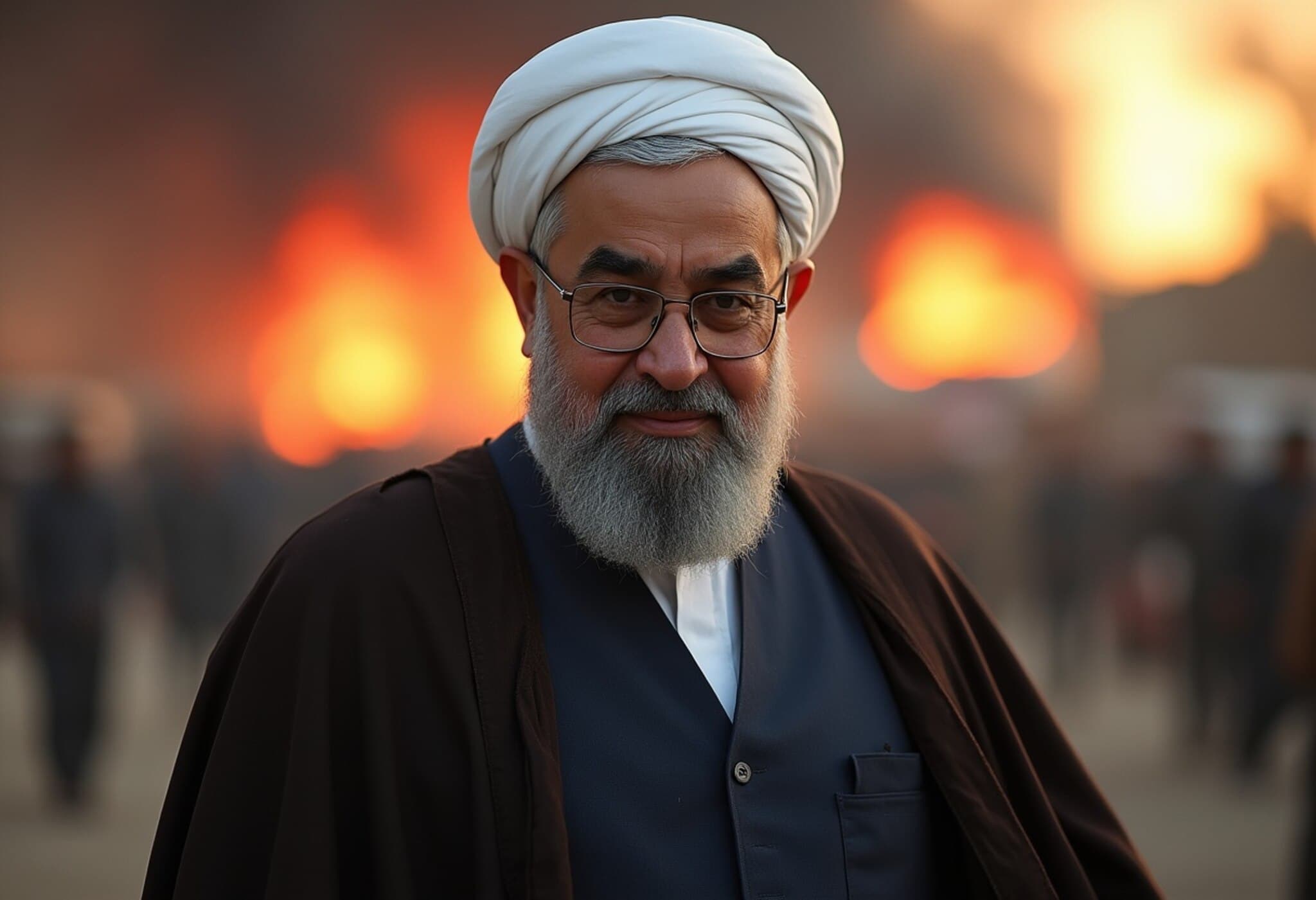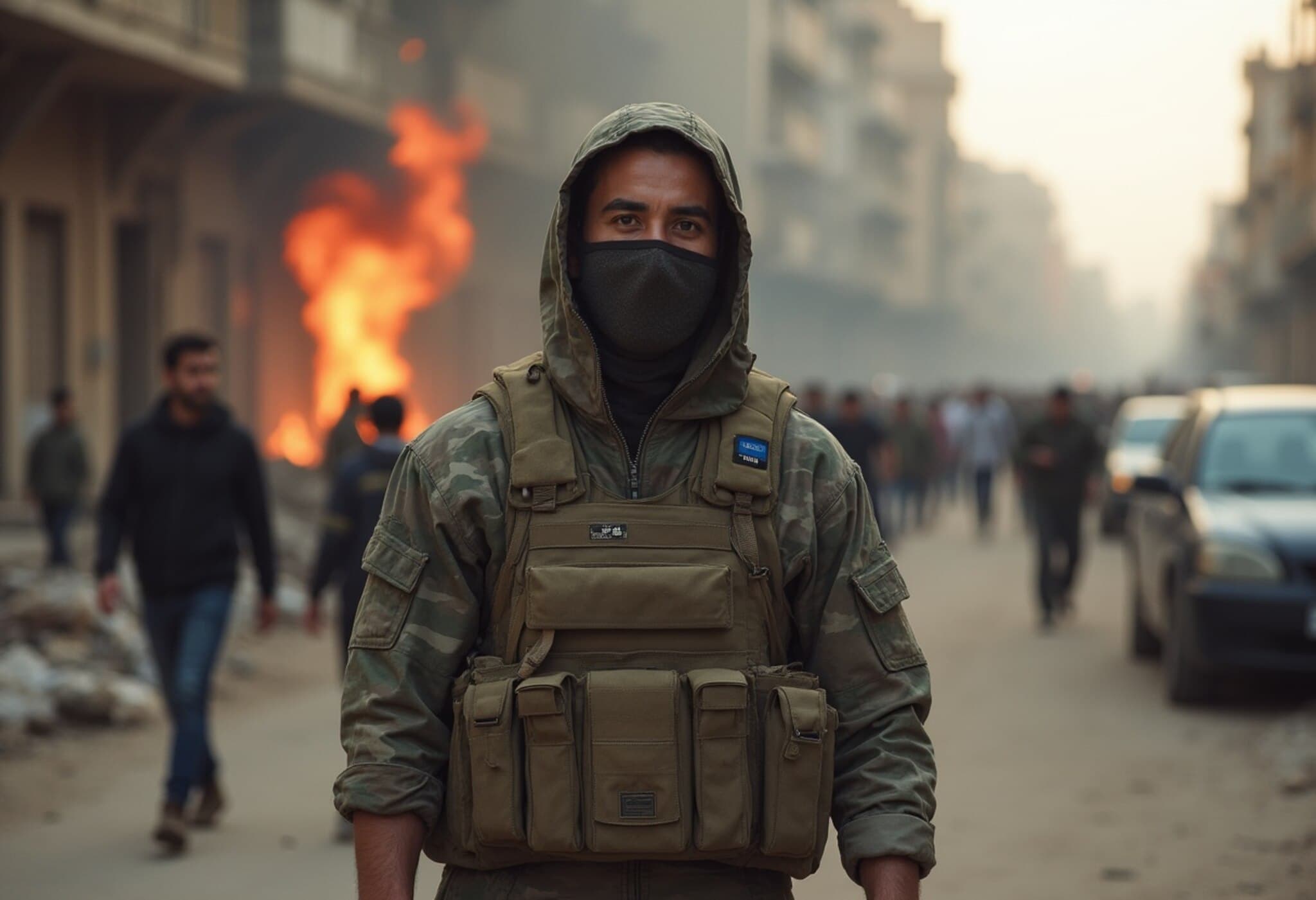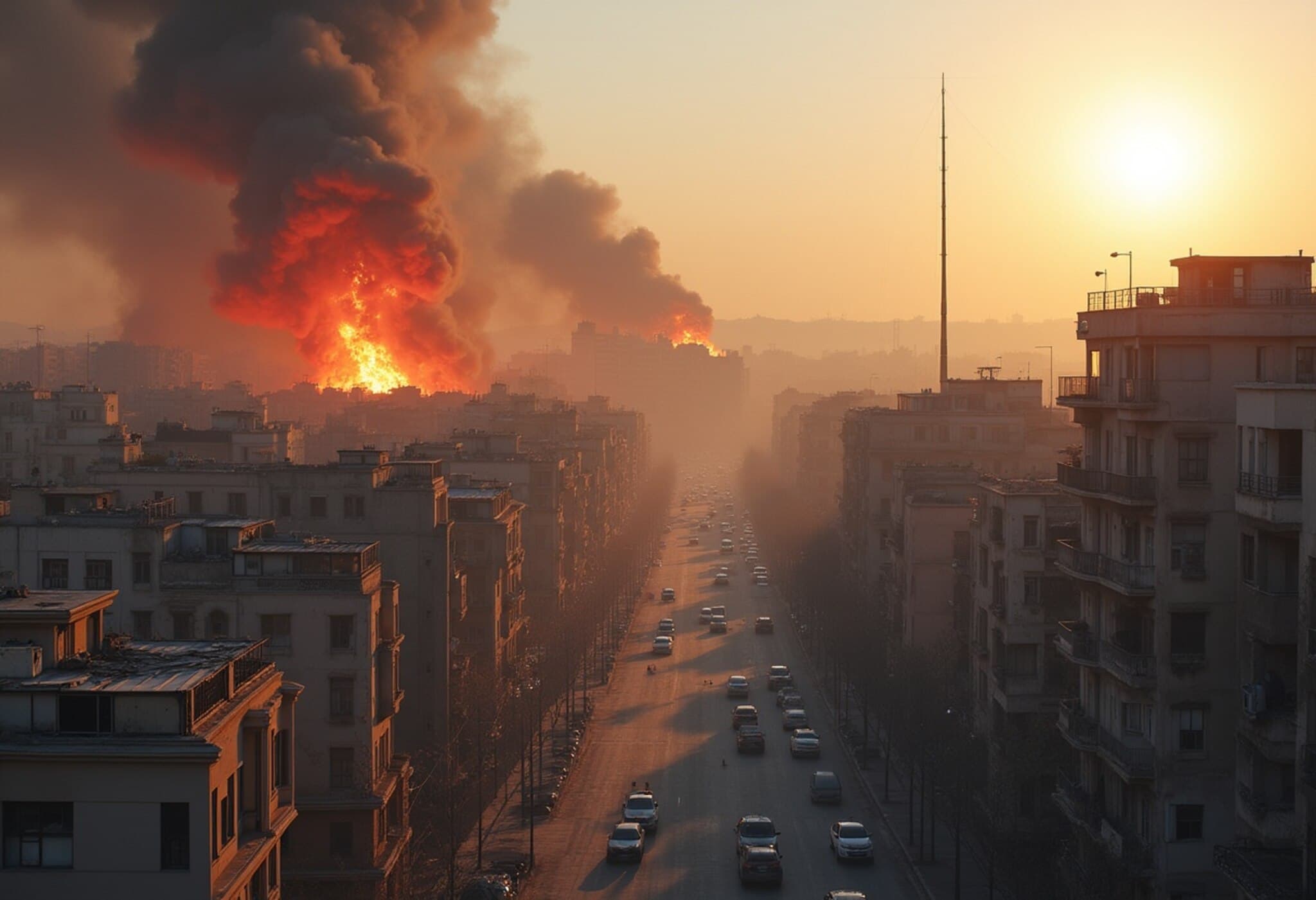Israel Contemplates Expanding Military Operations in Gaza
As the conflict in Gaza approaches nearly two years, Israel is weighing a significant escalation of its military campaign by potentially deploying the Israel Defence Forces (IDF) across the remaining 25% of Gaza currently outside its control. This move, still under deliberation at the highest levels of government, has sparked concern among military leaders, policymakers, and international observers about the consequences for hostages, civilian populations, and regional stability.
Leadership Deliberations Amidst Uncertainty
Prime Minister Benjamin Netanyahu is reportedly considering a full-scale ground offensive to seize control of Gaza, a Palestinian territory home to over 2 million residents. An Israeli official briefed on internal discussions revealed the plan has yet to be finalized and will be discussed by the Security Cabinet this week. The decision sits at a crossroads where military ambition, political strategy, and humanitarian consequence collide.
However, significant cautionary voices exist within the IDF’s senior ranks. Some military chiefs have expressed reservations, emphasizing that an expanded incursion might threaten the safety of the approximately 50 hostages still held by Hamas since the October 2023 attacks, a politically sensitive and emotionally charged issue in Israel and abroad.
International Reactions and Humanitarian Concerns
The United Nations, alongside various global governments, views any potential expansion of hostilities in Gaza as deeply troubling. UN Assistant Secretary-General Miroslav Jenca warned at a Security Council meeting that such a maneuver could lead to catastrophic humanitarian consequences and imperil the remaining hostages.
"International law is clear; Gaza is and must remain an integral part of the future Palestinian state," Jenca stated, highlighting the broader implications beyond immediate military objectives.
Meanwhile, humanitarian organizations note that Israeli restrictions on supplies have already deepened a crisis. Starvation, lack of medical supplies, and devastated infrastructure place Gaza’s civilian population under severe strain, with calls from the international community to ease blockades and increase aid delivery.
US and Regional Dynamics
While the Trump administration expressed a focus on facilitating aid distribution, President Trump tempered comments on military strategy, emphasizing that decisions ultimately rest with Israel. The U.S. and Arab states are reportedly coordinating to support humanitarian efforts financially and logistically.
Simultaneously, Qatar and Egypt continue mediating negotiations for a ceasefire and hostage release, although Hamas’ demands—for a full Israeli withdrawal and refusal to disarm—remain stumbling blocks. The ongoing impasse illustrates the complex interplay between diplomacy and military action, raising critical questions about the prospects for peace.
Domestic Political Frictions and Military Strategy
Back in Israel, the prospect of a wider military commitment has caused friction within the government. Defence Minister Israel Katz insists that military leadership must follow political directives, while National Security Minister Itamar Ben Gvir emphasizes strict compliance from IDF officials. Conversely, opposition figures, including former IDF Chief Benny Gantz, criticize pressures on military leaders like IDF Chief of Staff Eyal Zamir, fearing reckless decisions could exacerbate the conflict.
Public sentiment has shifted, with recent polls indicating a declining majority support for the current war strategy, reflecting frustration over the prolonged conflict and uncertain outcomes, including the unresolved hostage crisis.
Steps Toward Mitigating Humanitarian Impact
Recognizing the severity of the humanitarian situation, Israel has recently agreed to facilitate increased aid circulation through UN agencies and NGOs. It has also pledged to expand commercial access to Gaza for essential goods, albeit under strict security protocols to mitigate risks. This adjustment aims to reduce Gaza’s dependence on international aid while maintaining security oversight.
- The average daily aid truck deliveries have increased from about 30 in mid-July to 185 by early August.
- Local merchants will be permitted to import limited goods for sale in Gaza’s markets.
- These measures represent a cautious attempt to balance security with urgent humanitarian needs.
Expert Insights and Regional Implications
This unfolding situation in Gaza underscores the delicate balance Israel must navigate between military objectives and humanitarian responsibilities. Applying a full occupation of Gaza could risk alienating key international partners, undermining diplomatic efforts, and inflaming regional tensions, especially given Gaza’s dense civilian population and symbolic significance.
From the American policy perspective, the U.S. faces the challenge of supporting an ally while promoting stability and respecting human rights. The situation also poses questions about the future of Israeli-Palestinian relations, the role of regional mediators, and the international community’s capacity to influence outcomes.
With Gaza’s future intrinsically linked to broader Middle Eastern geopolitics, the coming Security Cabinet decision will resonate well beyond Israel’s borders, impacting global peace efforts, refugee flows, and the ongoing narrative surrounding statehood and sovereignty.
Editor’s Note
The potential expansion of Israel's military operations into Gaza marks a pivotal moment with profound humanitarian, political, and security ramifications. Readers should consider the multilayered consequences this decision entails—from the immediate safety of hostages to the long-term prospects for peace in the region. How will Israel reconcile military ambitions with mounting international pressure and internal divisions? And importantly, what diplomatic pathways remain viable to break the cycle of violence?
As this complex story develops, continuous analysis will be crucial to understand the evolving dynamics shaping one of the world's most enduring conflicts.


